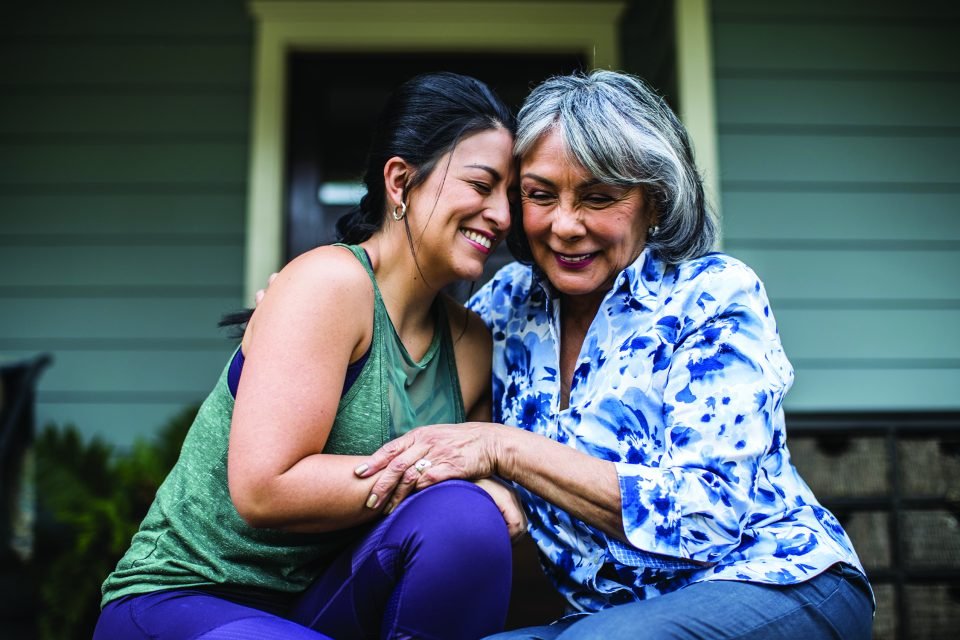
By zp7op | Contributor
Alzheimer’s disease is a significant concern for many people, particularly those with a family history of the condition. Researchers are exploring new treatment options for Alzheimer’s and other forms of dementia, but currently, no cure is available.
Nevertheless, individuals can take measures to preserve and promote their brain health. Engaging in certain activities can enhance both physical and emotional well-being, and these positive habits become increasingly beneficial as one ages. A report from “The Lancet” indicates that the risk of dementia decreases for individuals who practice these healthy behaviors:
- Engage in Physical Activity
Harvard Medical School states that regular exercise is crucial for brain health as it promotes the release of chemicals that support the formation of new nerve cells and the connections among them. Additionally, exercise positively impacts mental health, blood pressure, and blood sugar levels, all of which can influence the likelihood of developing cognitive disorders such as Alzheimer’s and other dementias. While maintaining physical activity may become challenging with declining health, healthcare professionals can provide guidance on how to stay active, even with limited mobility.
- Stimulate Your Mind

Participating in cognitively engaging activities can help maintain brain fitness and may delay the onset of dementia and cognitive decline. For instance, individuals with demanding cognitive professions, such as accountants or math educators, or those who participate in stimulating activities—like learning a new language or a musical instrument—tend to exhibit a lower risk of cognitive decline and dementia, as noted by Harvard Medical School. Such activities can also alleviate feelings of depression, loneliness, and isolation, which can become more prevalent with age and are connected to a higher risk of developing dementia, according to the National Institute on Aging.
- Monitor Your Brain Health and Seek Early Assistance
Tracking memory and cognitive skills over time can help identify changes in brain health. Recognizing alterations in memory is vital for delaying the progression of Alzheimer’s, which may begin 15-20 years before symptoms become apparent. Notably, changes in mood or memory may often be observed by others rather than the individuals themselves, making it essential for older adults who live alone or have limited social interactions to monitor their brain health closely.
One method for tracking brain health is through the Alzheimer Prevention Trials (APT) Webstudy, supported by the National Institutes of Health. This initiative evaluates an individual’s brain health via regular online memory assessments that can be completed anytime, anywhere, using a computer, laptop, or tablet. Participants take complimentary online memory tests on a quarterly basis that are automatically shared with researchers who monitor results over time. If any memory changes are identified, and the participant is in proximity to a research site, they may receive an invitation for an in-person assessment and potentially the chance to join an Alzheimer’s clinical trial.
While researchers continue to seek advancements in treatments and a cure for Alzheimer’s, it remains crucial for individuals to adopt healthy brain practices and keep track of their cognitive health as they grow older. Given the absence of a cure, preventive measures and a healthy lifestyle are vital strategies for combating the disease.
For further information, visit APTwebstudy.org.
Alzheimer’s Statistics
- More than 1 in 9 individuals aged 65 and older are diagnosed with Alzheimer’s disease, according to the Alzheimer’s Association.
- Black adults have double the likelihood of developing Alzheimer’s compared to white adults, as reported by the National Institute on Aging.
- Hispanic or Latino adults are 1.5 times more likely to experience Alzheimer’s than white adults, according to the Alzheimer’s Association.
- According to the Alzheimer’s Association, 1 in 3 seniors dies with dementia.
Editor’s Note: This content should not be regarded as a substitute for professional medical advice, diagnosis, or treatment, nor should it be considered medical or other professional guidance.






